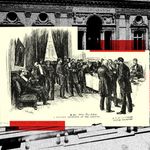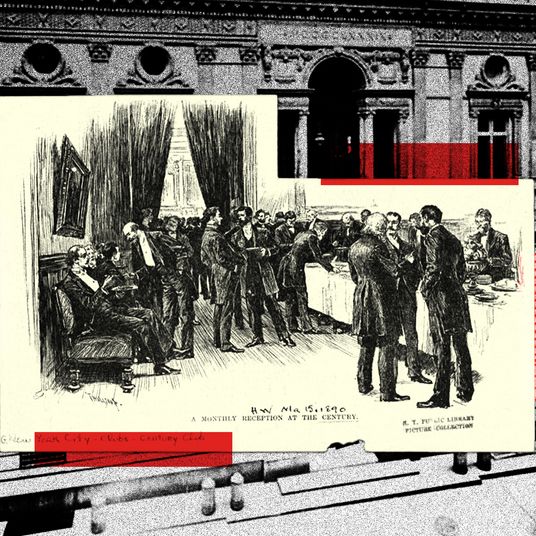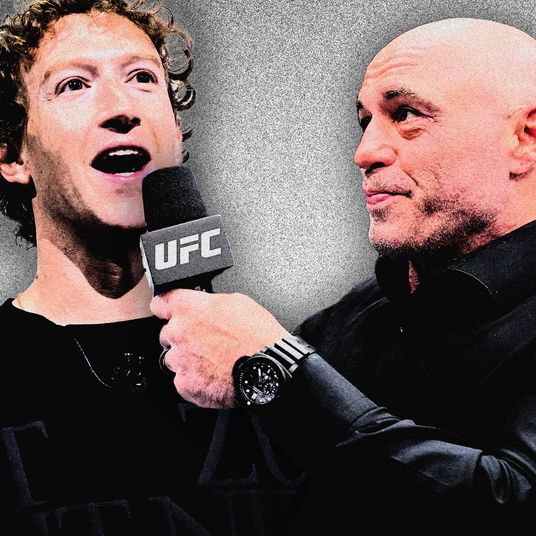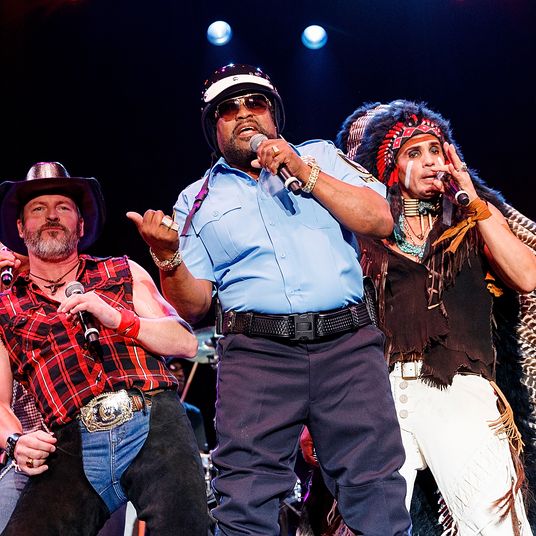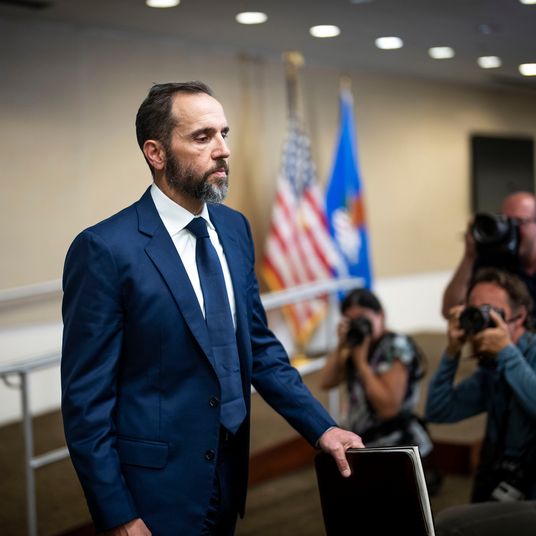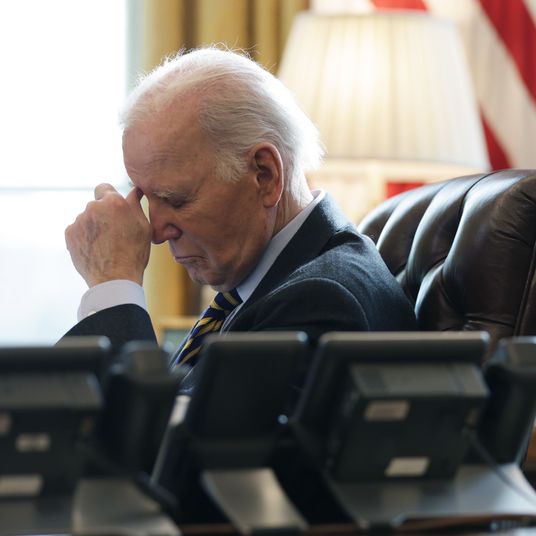
When word got around that David Brooks would be the professor of a spring course at Yale called “Humility,” the public intellectual/punching bag told us the title was “obviously, intentionally designed to provoke smart ass jibes,” but insisted “there’s actually a serious point behind it.” The New York Times conservative columnist’s first class is today and his syllabus is now public, prompting a new round of digs (e.g.: “Would anyone like [to] see the syllabus for my class, ‘Being Unselfaware’? It’s kind of long.”). Along with a description that begins “Everyone says character is important to leadership but few people know how to build it,” the reading list includes work from Edmund Burke, Dorothy Day, and none other than David Brooks himself.
“I certainly wasn’t wrong about it provoking smart ass jibes,” Brooks wrote in an e-mail to Daily Intelligencer last night about the class. “I understand the shot taking — the target was designed to be easy — but getting beyond the Twitter level, I don’t see what is intrinsically ridiculous about the course.”
As for the reading, “I basically picked books from or about people who I admired and who exemplify successful lives of self-restraint and self-distrust,” he said. “I inclined more toward the old classics because as an old University of Chicago person I think you should read books in college that will remain relevant throughout your life, the ones people will refer to and quote from.”
And his own entries — including “The Organization Kid” from The Atlantic and three Times columns — “are not really mine,” he said. “Those three columns are just lessons drawn from the essays that were sent to me by others,” Brooks explained. “I asked readers over 70 to send in life reports in which they describe what they’ve learned over the years.” (Brooks writes about his “Life Reports” project here and here.)
“In [the Atlantic piece] I argue that today’s college students are hard working and nice but they are inarticulate about character,” said Brooks. “I thought it might get a rise out of my students this time and it seemed germane.” Course topic notwithstanding, it’s not rare for college professors to require their own work as reading — and at least he’s not making them buy his books.
Students will be graded on two papers — each 2,500 words — as well as class participation, according to the syllabus, and are encouraged to stop by office hours on Monday nights at a local coffee shop. “I don’t have a teaching assistant,” Brooks said. “The last time I taught [at Yale] I took groups of students out to dinner every week and found those casual conversations as memorable and educational, at least for me, as the class. I’m hoping to recreate something like that.”
“All of us have been raised in a culture that encourages us to think well of ourselves and to follow your passion and all that kind of stuff,” he continued. “I don’t see why it is ridiculous to spend a few months reading people who tell us not to be all that self-impressed, to suspect you aren’t as smart, virtuous and aware as you think. Surely this is a potentially useful antidote for me or anybody else.”



